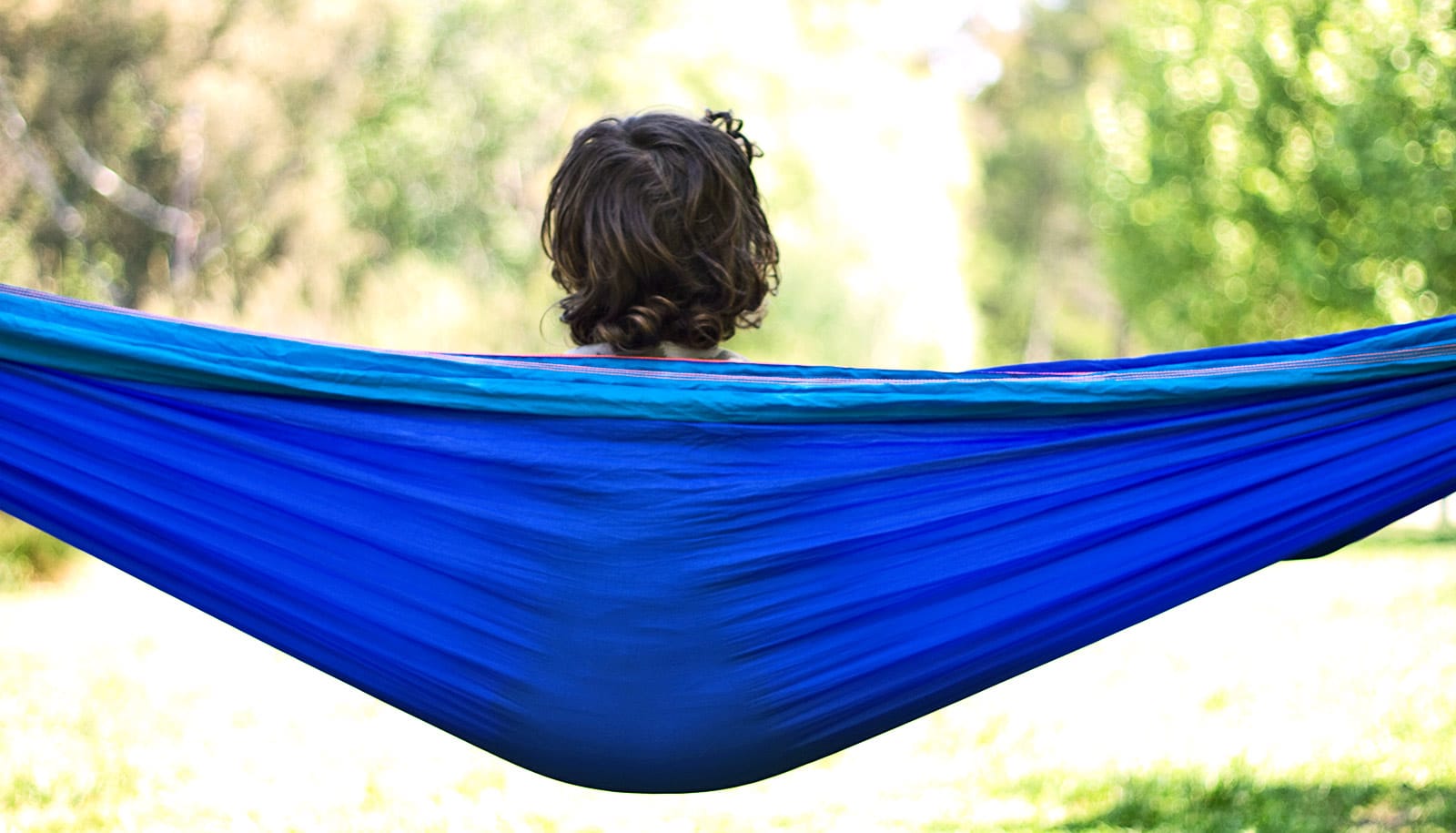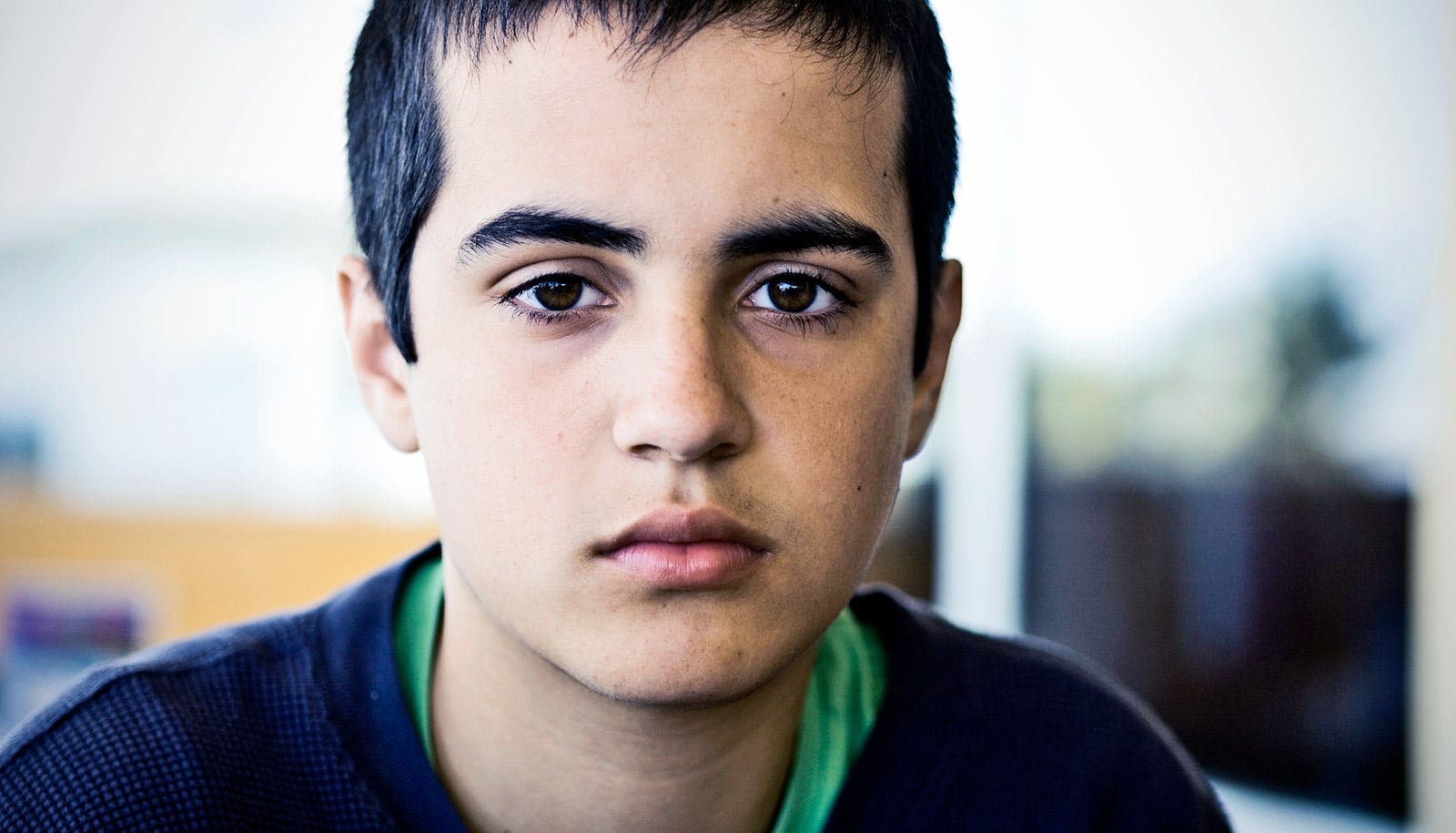Spanking may do more harm to the social development of children around the world than previously known, according to a new study.
Most research on how spanking affects children has involved studying families in high-income countries, such as the United States and Canada, but less was known about how spanking affects children in low- and middle-income countries—or developing countries. Spanking is one of the most common forms of child discipline worldwide.
The international research used data UNICEF collected collected in 62 countries—representing nearly one-third of the world’s countries—and demonstrated that caregivers’ reports of spanking were related to lower social development among 215,885 3- and 4-year-old children.
One-third of respondents indicated they believed physical punishment is necessary to bring up, raise, or educate a child properly.
Researchers asked parents or caregivers in person if the child gets along well with other children; if the child hits, kicks, or bites others; and if the child gets distracted easily. The question about spanking concerned the physical discipline parents or caregivers used within the last month with the child or their sibling.
One-third of respondents indicated they believed physical punishment is necessary to bring up, raise, or educate a child properly. Among the children studied, 43 percent received spankings, or resided in a home where another child was spanked.
A child’s social development suffered in both cases in which he or she was spanked or during times when a sibling had been spanked, the study shows.
“It appears that in this sample… spanking may do more harm than good,” says lead study author Garrett Pace, a doctoral student of social work and sociology at the University of Michigan.
Pace also notes that “reductions in corporal punishment might do a great deal to reduce the burden of children’s mental health and improve child development outcomes globally.”
Nations around the world have increased efforts to create policies that discourage spanking. In fact, 54 countries have banned the use of corporal punishment, which can only benefit children’s well-being long term, Pace says.
The study appears in Child Abuse & Neglect.
Source: University of Michigan



